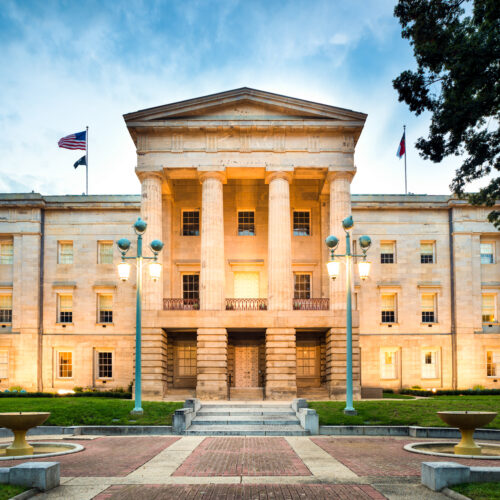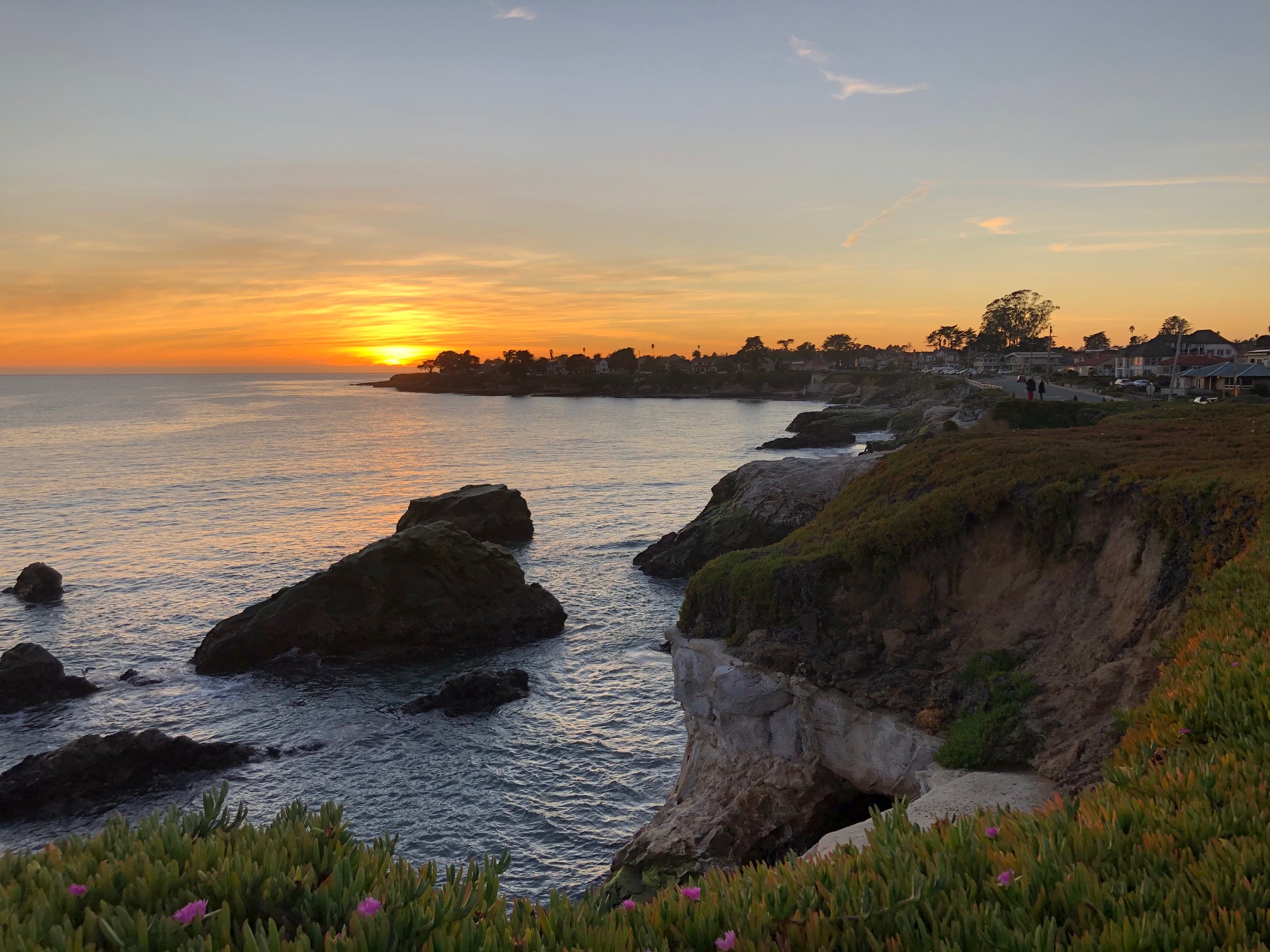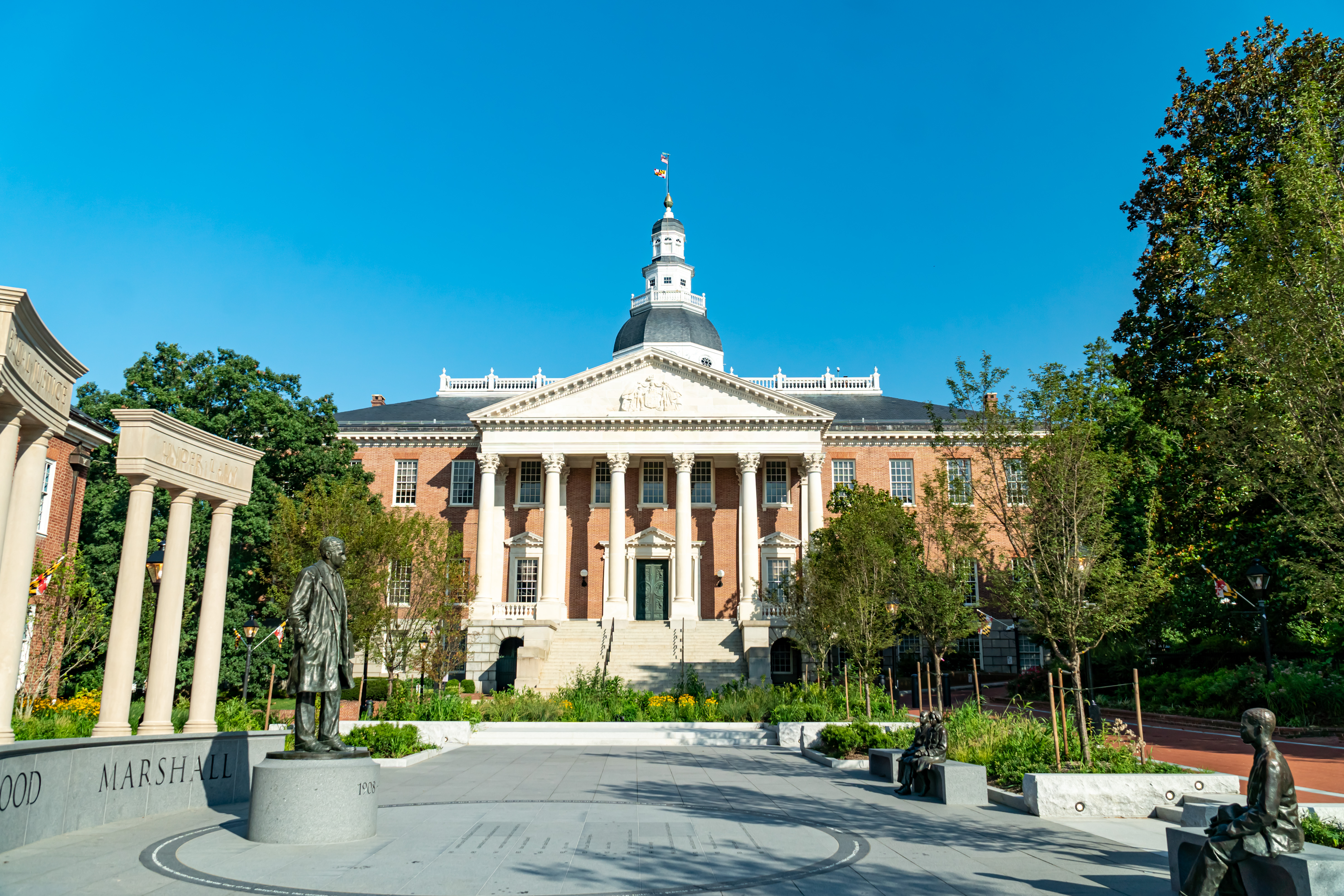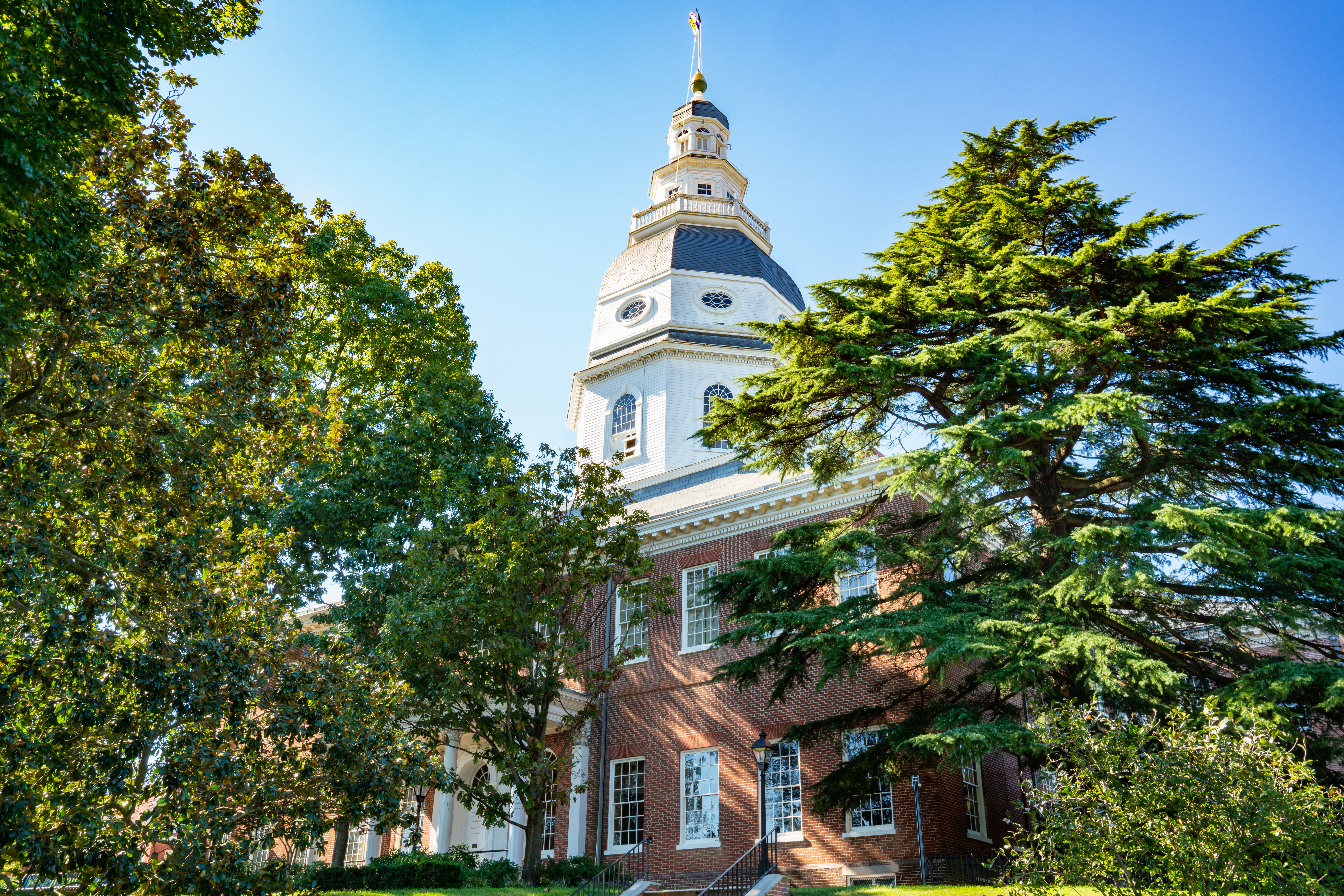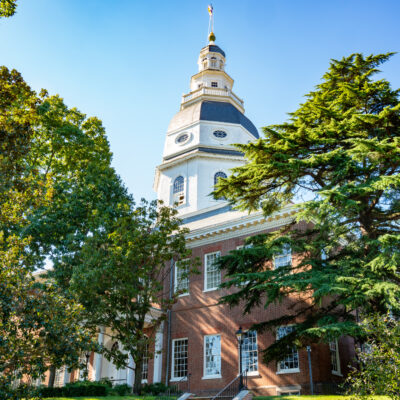Maryland
The state of Maryland funds and administers all indigent defense services in adult criminal trials. A state commission is responsible for providing oversight of services statewide.
The state of Maryland funds and administers all indigent defense services for adult criminal cases in its appellate courts. A state commission is responsible for providing oversight of services statewide.
-
24 Counties State Funded
-
24 Counties State Administered
-
24 Counties with a Commission With Statewide Authority
-
24 Counties State Funded
-
24 Counties State Administered
-
24 Counties with a Commission With Statewide Authority
The state-funded Maryland Office of the Public Defender (OPD) administers indigent defense services for the entire state. Twelve district offices provide trial-level representation for adult and juvenile cases. A state public defender leads OPD and appoints a district public defender to head each office. Each district public defender compiles a list of local private attorneys to appoint to conflict cases in their district, and OPD pays private attorneys an hourly rate. OPD also provides appellate and post-conviction representation statewide.
The Board of Trustees of the Public Defender System oversees OPD. The governor appoints most of the board’s 13 members. The board is responsible for appointing the state public defender, who manages OPD and oversees the district offices. Four public defender regional advisory boards also provide oversight of the 12 district offices. The governor appoints five members to each advisory board.
The state-funded Maryland Office of the Public Defender (OPD) administers indigent defense services for the entire state. OPD’s appellate division, staffed with public defenders, is the main provider of appellate representation for adult and juvenile cases. OPD also has a post-conviction division and district offices for trial-level services. District public defenders, who lead the district offices, are responsible for compiling a list of local private attorneys to appoint to conflict cases in their district, including on appeals. OPD pays private attorneys an hourly rate.
The Board of Trustees of the Public Defender System oversees OPD. The governor appoints most of the board’s 13 members. The board is responsible for appointing the state public defender, who manages OPD and oversees the district offices and statewide divisions. Four public defender regional advisory boards also provide oversight of the 12 district offices. The governor appoints five members to each advisory board.
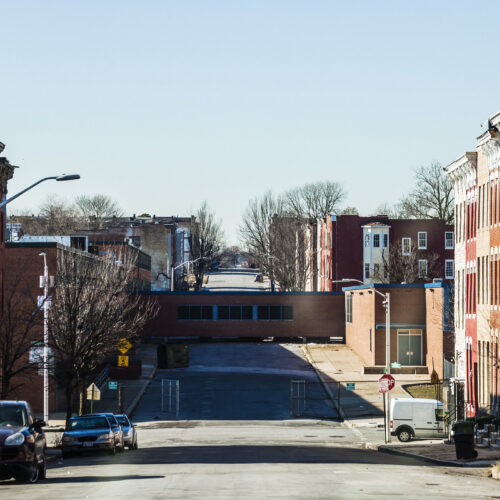
Dig Deeper
Who serves on the commission?
What are the required qualifications of the public defender?
How much is the public defender paid?
In which branch of state government does the indigent defense system reside?
Support Our Work
Criminal justice issues that disproportionately harm poor people, such as wrongful convictions and over-incarceration, cannot be fixed if indigent defendants are given attorneys who do not have the time, resources, or qualifications, to be a constitutional check on government. Yet, investment in improving indigent defense services remains largely neglected. The Sixth Amendment Center is the only nonprofit organization in the country that exclusively examines, uncovers, and helps fix the root of the indigent defense crisis in which inequality is perpetuated because poor defendants do not get a fair fight.
The Sixth Amendment Center is a tax-exempt 501(c)(3) nonprofit organization under EIN: 45-3477185.
Donations are tax-deductible to the fullest extent allowable under the law.
